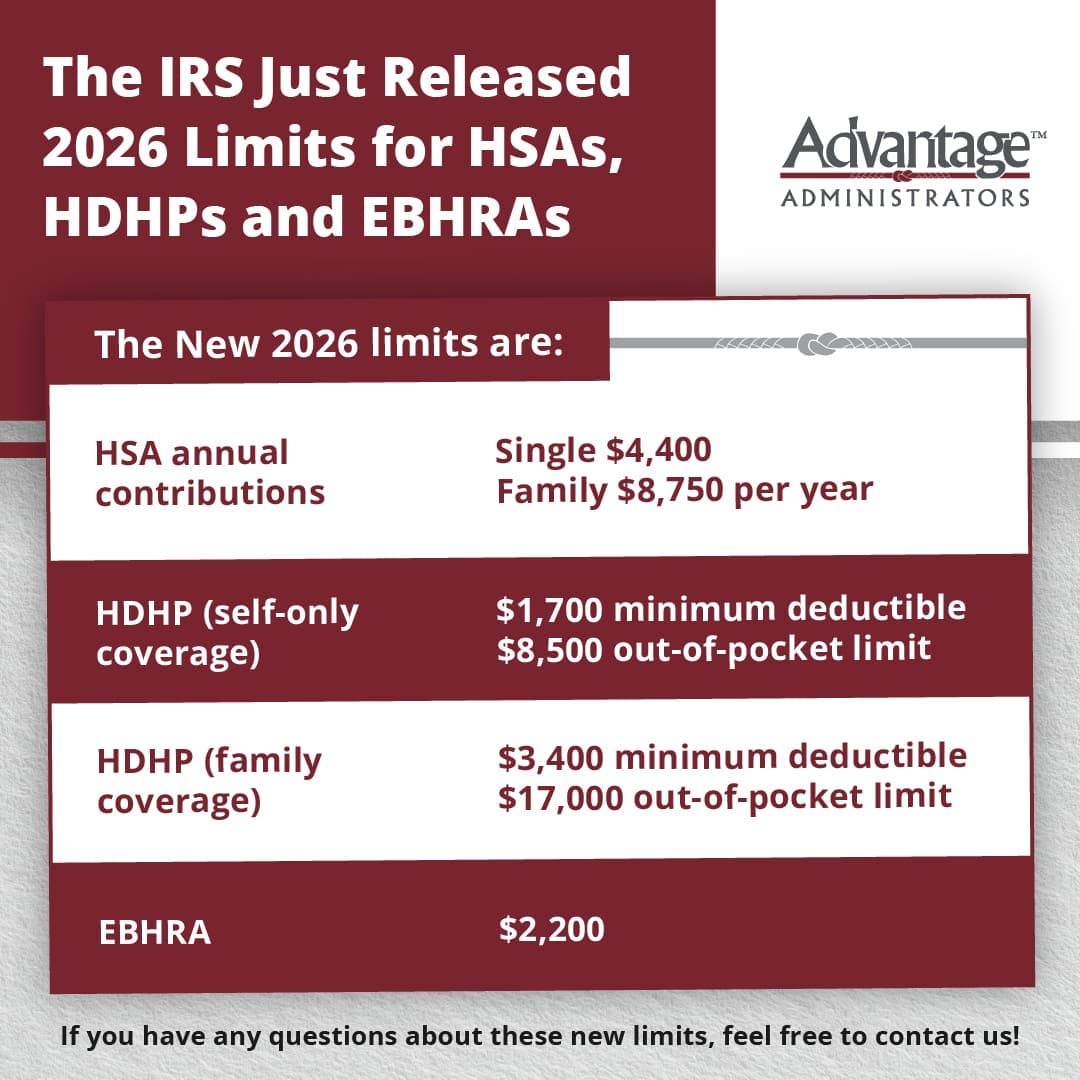Helpful Insurance Insights
Health insurance can be hard to comprehend. With open enrollment coming up, we’ve compiled a few points of interest to better understand how employees use their benefits. Employers can use these points to locate plans that fit employees needs as well as educate employees about plan benefits.
FSA accounts are a clear favorite.
Flexible spending accounts (FSA) have become a very popular health insurance choice. FSA spending is nearly double that of health savings account (HSA) spending. FSA funds can be used on a variety of items such as first aid supplies, skin care, cold medication, etc. HSA funds can be used on health expenses and can be invested. Both plans have their ups and downs. Individuals must determine which is best for them.
FSA funds are used in later months.
Flexible spending accounts tend to be used the most at the end of the year. FSA funds do not carry over to the new year unlike health savings accounts. There is a “use it or lose it” rule attached. Oftentimes, employers limit or cap how much money can be carried over to the new year. Any money left after the carryover amount will be forfeited. Employees will often use the remaining balance at the end of the year to ensure all funds are used.
HSA funds used most at beginning of the year.
HSA funds are frequently used at the beginning of the year. Employers will either offer HSA participants a one-time contribution or offer to match employee contributions. Most commonly, employers will contribute to these plans at the beginning of the year.
HSA spending peaks in December and September.
It is not surprising that HSA funds are used in September and December. September is peak back-to-school season. During this time, students will often need vaccines, physical or sports exams, and other school related medical expenses. December spending may occur due to confusion with FSA and HSA accounts. Funds in an HSA do roll over every year.
The information in this blog post is for educational purposes only. It is not investment, legal or tax advice. For legal or tax advice, you should consult your own counsel. To stay up to date on benefits trends and insights, subscribe to our blog.










 Flex Plans
Flex Plans Forms
Forms HSA
HSA HRA
HRA Retirement
Retirement Health Shopper
Health Shopper FSA Store
FSA Store